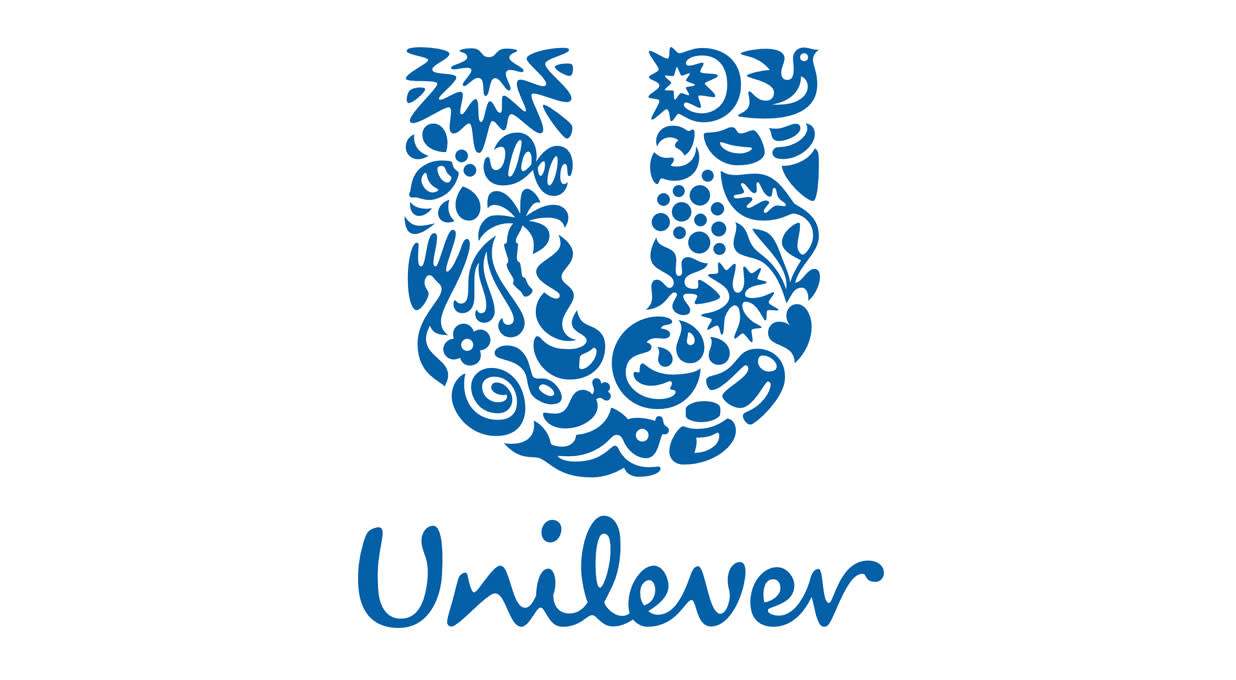Unilever is to split off its ice cream business and cut 7,500 jobs as the consumer goods group steps up efforts to improve its performance.
The company said on Tuesday that the ice cream division, home to brands including Wall’s, Magnum and Ben & Jerry’s, would fare better as a standalone business. It generated €7.9bn of revenue last year.
A final decision on how the business would be split off had not been taken, Unilever said, but added “a demerger is the most likely separation route” and that it intended to complete the process by the end of next year.
In recent years, London-listed Unilever has come been under pressure from activist investor Nelson Peltz to streamline the sprawling company, that also makes Marmite, Hellmann’s, Dove soaps and cleaning products such as Domestos and Cif.
Separating the ice cream business is the biggest step so far by chief executive Hein Schumacher, who joined last year vowing to accelerate growth and improve returns to shareholders.
As well as splitting off the ice cream business, Unilever said that it had identified “additional efficiencies” that would generate €800mn of savings over the next three years.
About 7,500 jobs will be axed as part of the programme, with the majority “office-based”. Unilever employs about 128,000 people.
Ian Meakins, chair of Unilever, said that “improving our performance and sharpening our portfolio are key to delivering the improved results we believe Unilever can achieve”.
Unilever said it would continue to optimise its portfolio in its remaining four business groups “through brands with global reach or significant potential to scale”.
Shares in Unilever rose 5 per cent at the start of trading in London.
This article was written by Jonathan Wheatley from The Financial Times and was legally licensed through the DiveMarketplace by Industry Dive. Please direct all licensing questions to legal@industrydive.com.

